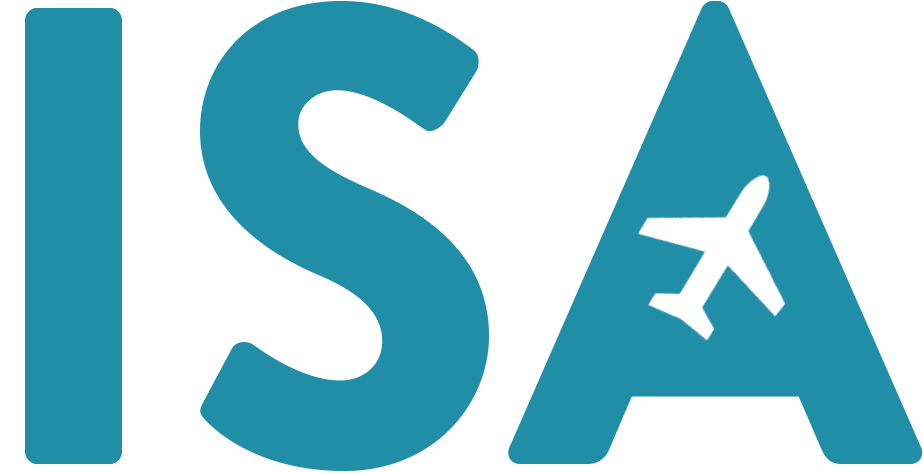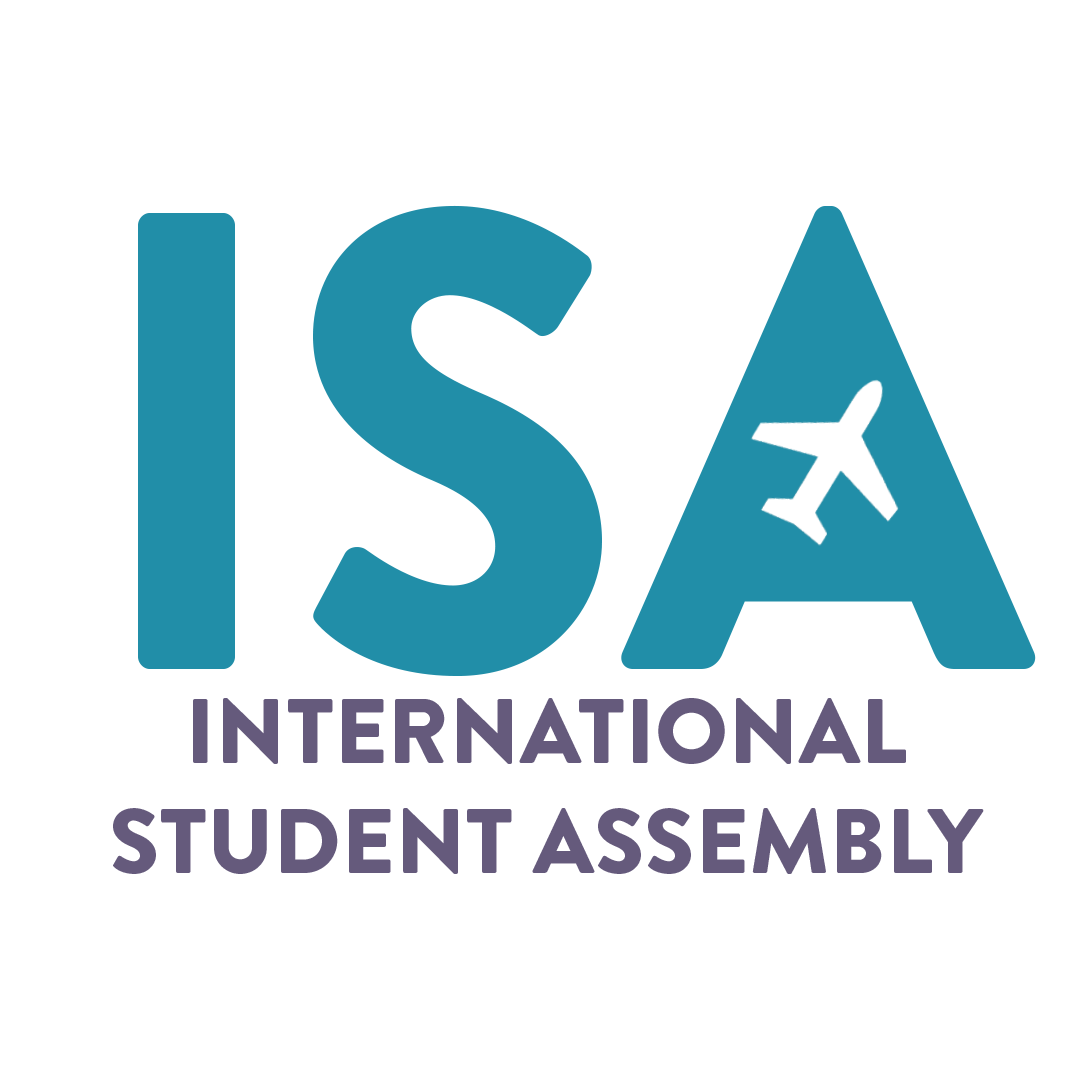(Re) discovering my International Identity at USC
When I first arrived at USC, I was still in a state of confusion regarding my cultural identity. I had always felt comfortable introducing myself as an international student, but this label only raised more questions as I unpacked my high school experience in Florida and my future career aspirations of staying in the U.S. Truthfully, I considered myself to be in the grey area in between two identities, and this ambiguity made me worry if I would ever be able to find friends who related to my experiences. Luckily, upon joining ISA as an intern, I have gotten close to so many older friends who shared the same journey as third culture kids. Although our ethnicities, passports and current place of residencies may belong to three different locations across the globe, we manage to find our own version of community along this road of discovery.
Having a multifold identity in college is not particularly glorious it may seem. While all my peers who are American citizens are able to participate in civic democracy and vote in local elections, I stood aside hoping I would have the privilege to cast my own vote. While the Career Center launched various summer internship opportunities, I lamented about my VISA restrictions and complications against employment.
Nonetheless, I am able to find peace and reconiliation when I am dedicating time and efforts to asisst the assembly member organizations and witness their programmings prosper. Unlike high school when I only conversed with my mom in Mandarin, I started speaking my native tongue more often in daily conversations. I jokingly refered to this constant code-switching as “cultural schizophrenia”, considering all the torments it brought me at a young age. I now know that my ability to connect with people from multiple continents helped me tear down the veils of bigotry. Though barriers may still exist between international and domestic populations at USC, ISA helped me dismantle the internal barriers that constantly followed me around.
Looking forward, I hope that the responsibilities to bridge cultures and civilizations fall on the shoulders of domestic American students who are interested in outreach. This sense of mutual connection can be fostered through more centralized and dedicated USG initiates as well as changes orchestrated by the administration. After all, in a time of global unrest and disputes, becoming considerate of others’ circumstances seems more relevant than ever.



